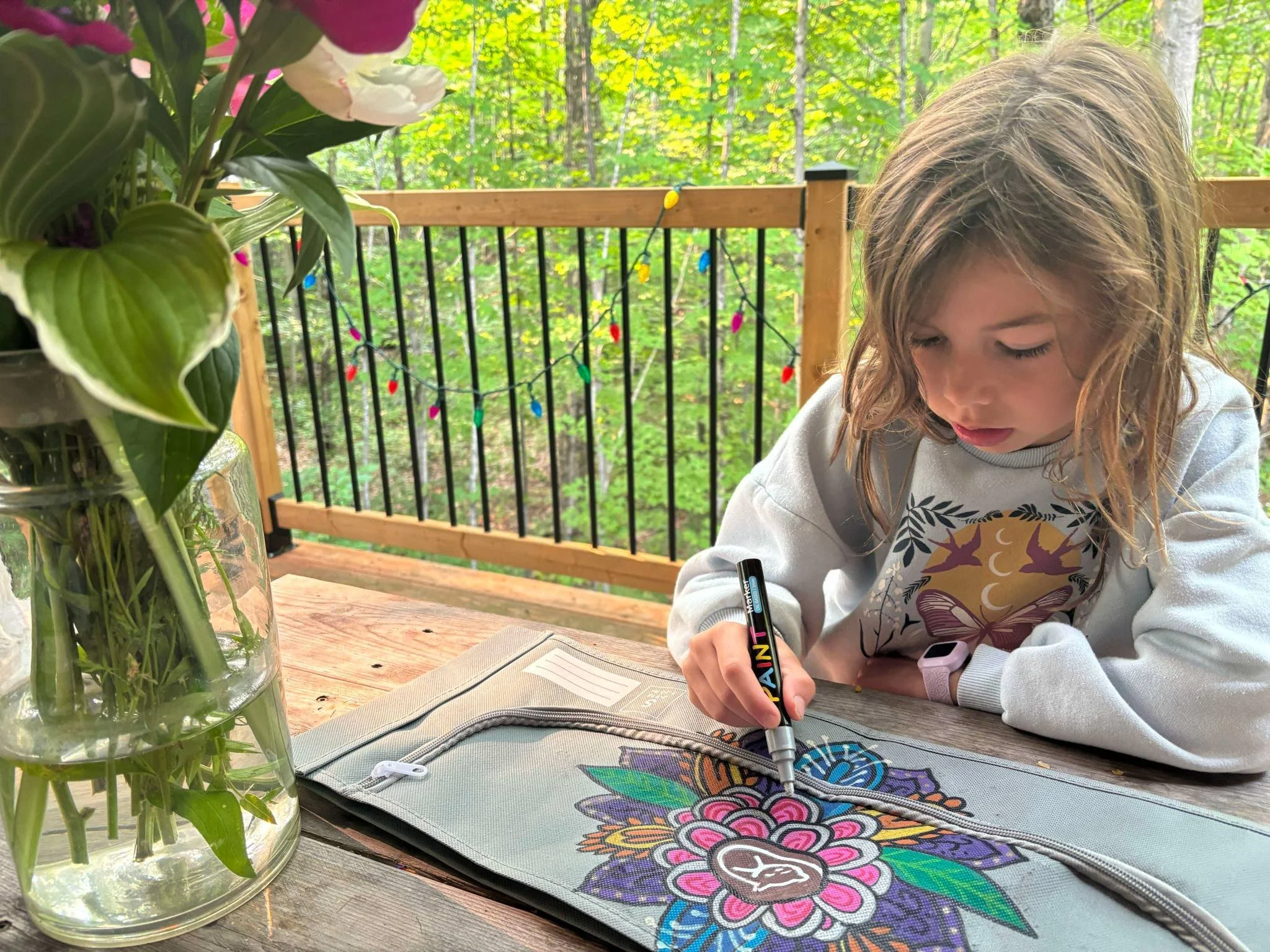Pet Loss and Prolonged Grief Disorder Explained
Losing a pet can be devastating. Learn how Prolonged Grief Disorder (PGD) after pet loss differs from depression, PTSD, and anxiety—and when it may be time to seek help.
When a beloved pet passes away, grief is inevitable. For many, the pain softens with time, even though the love and memories remain. But for some, the grief feels unending, like a wound that refuses to heal. This may be a sign of Prolonged Grief Disorder (PGD)—a condition that’s different from depression, PTSD, or anxiety, yet just as serious in its impact.
What Makes Prolonged Grief Disorder Different?
PGD is a specific and intense reaction to the loss of someone (or a cherished animal) with whom you shared a deep emotional bond. While grief after pet loss is natural, Prolonged Grief Disorder often includes:
Persistent yearning or longing for your pet
Emotional numbness or detachment
A loss of meaning or purpose in life
Feeling stuck in grief and unable to move forward
Prolonged Grief Disorder vs. Depression
Both PGD and depression can involve deep sadness, but they are not the same:
Depression can arise from many causes, not just loss.
In depression, sadness tends to be more constant and generalized. In PGD, intense pain is usually triggered by reminders of your pet and the relationship you shared.
PGD centers on the bond with the deceased companion animal, whereas depression is not relationship-specific.
Prolonged Grief Disorder vs. PTSD
PTSD and PGD can sometimes overlap, especially if your pet’s death was traumatic, but they have distinct features:
PTSD follows a trauma involving threat, danger, or intense fear; it doesn’t always involve bereavement.
PGD is focused on separation distress—missing and longing for the loved one who died.
PTSD often includes unwanted intrusive memories and hypervigilance. In PGD, reminiscing is often deliberate; you may seek out memories of your pet, even if they bring pain.
Prolonged Grief Disorder vs. Anxiety Disorders
Anxiety disorders and PGD can both cause restlessness and worry, but they show up differently:
Generalized Anxiety Disorder (GAD) involves chronic worry about many areas of life.
In PGD, distress is centered on missing one specific loved one, such as a pet.
PGD is driven more by longing and separation pain than by fear about the future.
Check In With Your Grief After Pet Loss
If you recognize yourself in these descriptions of Prolonged Grief Disorder after pet loss, you can complete our online PGD questionnaire to explore your experience more deeply. It’s a short, confidential self-check that may help you decide whether to reach out for professional support.
The questionnaire was developed by Wendy G. Lichtenthal, Ph.D., Holly G. Prigerson, Ph.D. (Weill Cornell Medical College), Jiehui Xu, M.S., and Paul K. Maciejewski, Ph.D.
How Euthabag Supports Grieving Pet Owners
Euthabag cannot replace professional mental health care, but we are committed to supporting grieving pet owners and veterinary teams with gentle, practical resources. By offering products designed for personalized end-of-life rituals, we help families say goodbye in a way that feels intentional and loving. Leaving a message or drawing on your pet’s Euthabag can help you feel close to them, as if you were still by their side and protecting them, just as you did throughout their life.


